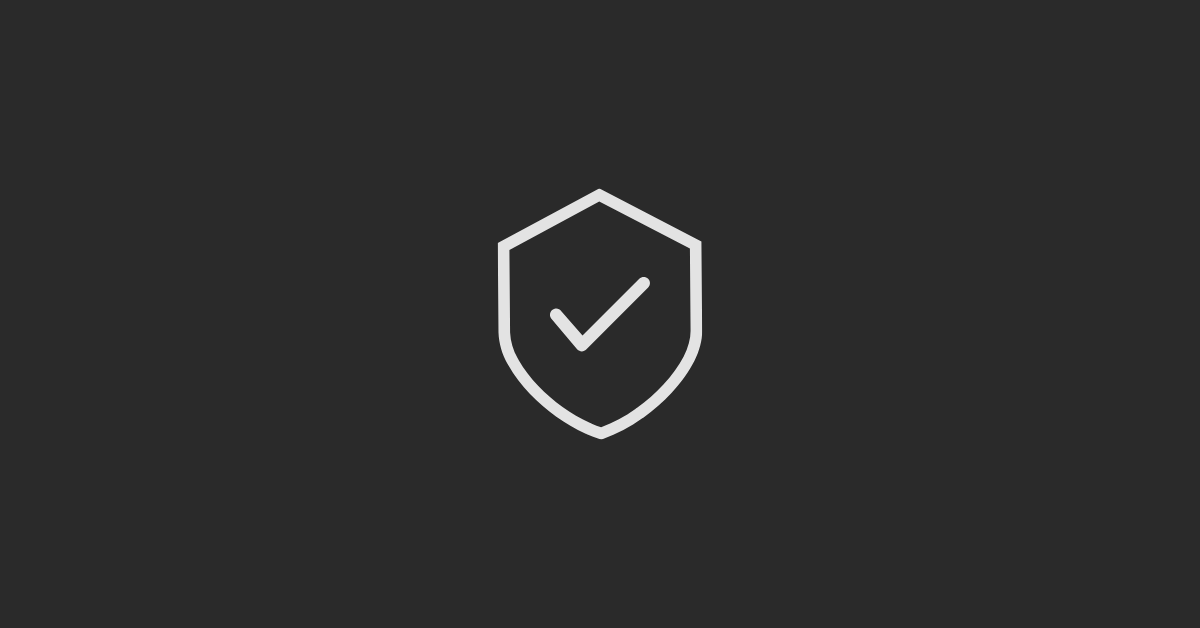After completing the initial stages of creating your HubSpot website, you're prepared to improve your brand's visibility as you go through the design process and other requirements covered in our earlier instructions.
There's no better method to do it than by getting your website's personalized domain name. In this article, we'll walk you through the steps of installing SSL on your custom domain on the HubSpot platform.
Why SSL Matters?
Security is a top priority for modern websites, and the HTTPS protocol—which is supported by SSL is essential for this.
In addition to encrypting data sent between the user's browser and the server, having HTTPS on your website lets your viewers know that you value their security.
Install SSL on HubSpot Website
The integration process is seamless, especially if you're using a domain provider like GoDaddy. Here's a breakdown of the steps:
#1 Connect Your Domain:
Begin by connecting your custom domain to your HubSpot account. This can be done within the domain settings of your HubSpot dashboard.
#2 Automatic SSL Provisioning:
HubSpot automatically provisions a standard SAN SSL certificate through Google Trust Services when you connect your domain. This ensures secure communication between your website and its visitors.
#3 Enabling SSL:
If the SSL isn't enabled automatically, navigate to the 'Domains and URLs' section in your HubSpot dashboard. Locate your domain and click on 'Actions,' then select 'Update Domain Security Settings.'
Enable the HTTPS toggle and select the TLS version you prefer. Save the changes, and confirm to activate SSL for your domain.
Custom SSL Certificates
If you prefer a different SSL provider or require a specific type of certificate, HubSpot offers the option to add a custom SSL certificate through their add-on service. Here are some key points to consider:
#1 Purchasing a Custom SSL Certificate: You'll need to purchase your custom SSL certificate from a trusted certificate authority.
#2 HubSpot's Role: HubSpot is not a certificate authority and does not issue custom SSL certificates. However, they facilitate the integration of custom SSL certificates purchased separately.
#3 Types of SSL Certificates: The type of SSL certificate you choose depends on your hosting needs, particularly the number of domains you'll be hosting.
Conclusion
Although setting up SSL on your HubSpot website may appear complicated, most users can get by with HubSpot's default SSL provisioning. Custom SSL certificates are advised for users with particular hosting needs.
In today's digital world, putting website security first is essential, regardless of what path you choose.
Visit CTA9 to schedule a private consultation call for additional information on HubSpot-related subjects and customized consultations. Protect your website, establish your brand, and check back soon for additional informative articles.


